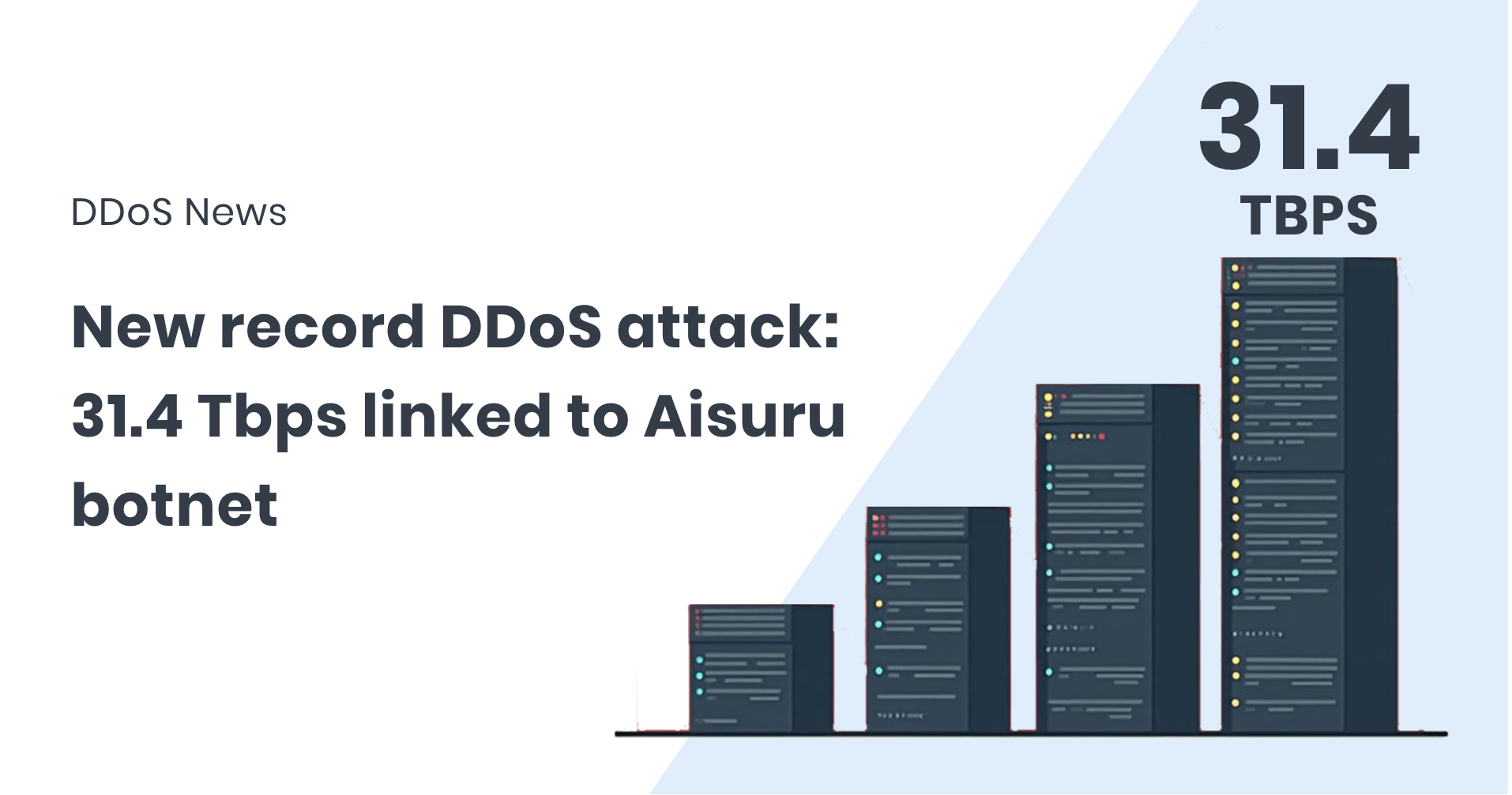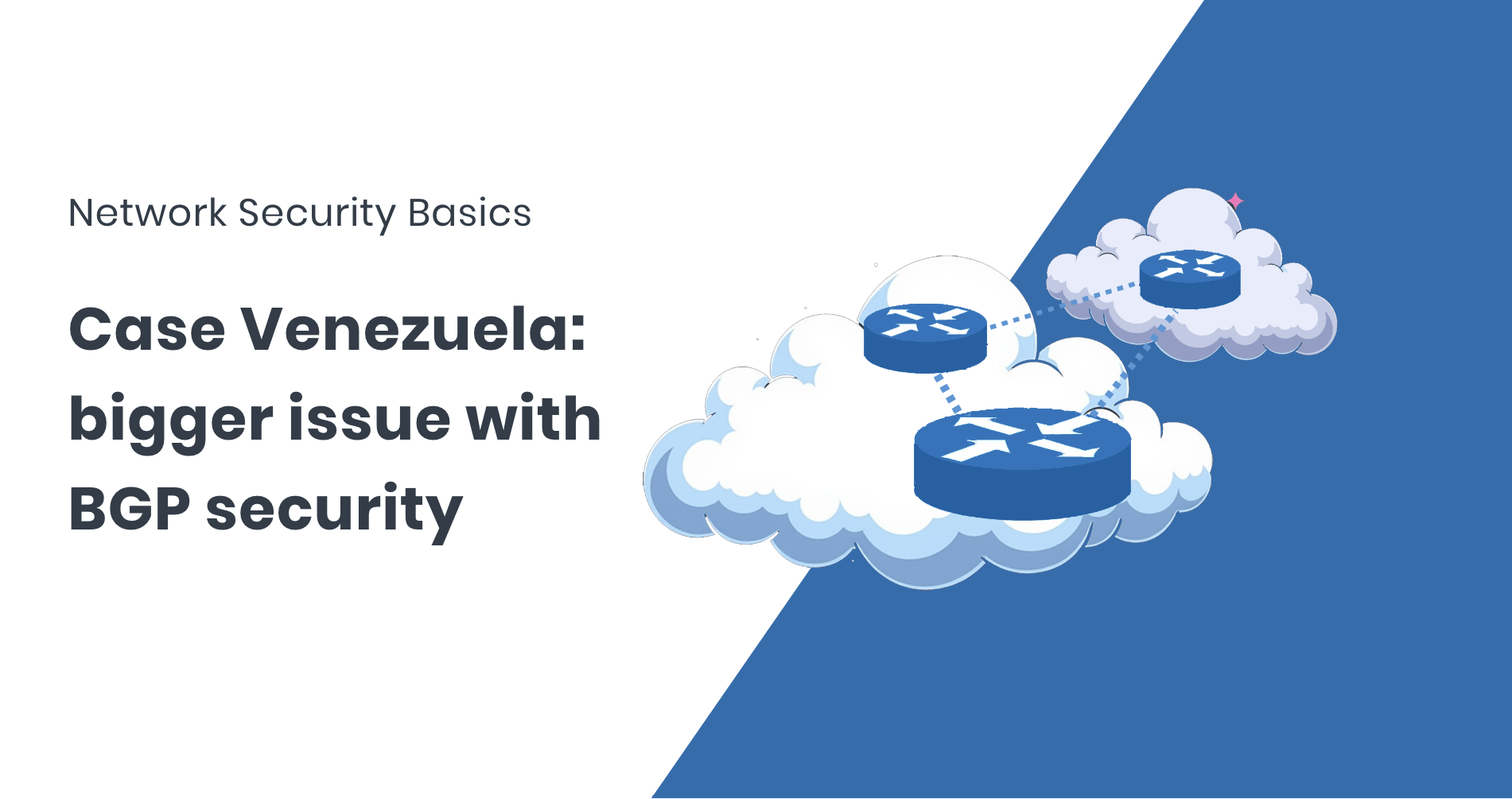Understanding DDoS Attacks from the hosting provider’s point of view
As the backbone of the internet, hosting providers are pivotal in defending against DDoS attacks. Their ability to maintain the accessibility and reliability of websites and applications is vital for customer satisfaction and their own reputation. However, this responsibility also exposes them to the threat of Distributed Denial of Service (DDoS) attacks, which can disrupt services and lead to financial and reputational damage. In this article, we'll explore effective DDoS defence strategies that hosting providers can implement to protect their infrastructure, ensure uninterrupted service, and maintain trust with their clients.
Why Hosting Providers Struggle with DDoS Attacks?
DDoS attacks involve overwhelming a target server, service, or network with a flood of internet traffic. This can be achieved through various methods, such as volumetric attacks that consume bandwidth and protocol attacks that exploit server resources. The goal is to render the service unavailable to legitimate users.
Hosting environments are often caught in the crossfire of DDoS attacks due to the vast number of customers they serve. With tens of thousands to millions of clients, an attack on a single customer can inadvertently affect many others, causing widespread disruption. This collateral damage occurs because the interconnected nature of hosting environments means that when one customer is targeted, the attack can spill over, impacting other clients on the same infrastructure. As a result, the hosting provider's reputation can suffer, as it appears they are unable to maintain service availability, even though the attack was not directed at them.
DDoS defence strategies for hosting providers
In hosting environments, DDoS attacks often target specific IP addresses or the IP range of a particular customer, leading to an overload of the link between routers and physical servers. This not only disrupts the attacked customer but others sharing the same resources. The primary goal of DDoS defence in such settings is to maximise uptime for all customers while maintaining cost efficiency. An effective strategy should focus on pinpointing and mitigating the problem without affecting the vast majority of customers who are not under attack.
FastNetMon is designed with the needs of hosting providers in mind, offering a cost-effective solution to maintain high service levels. By efficiently identifying and mitigating DDoS threats, FastNetMon helps ensure uninterrupted service for all customers, allowing providers to focus on delivering quality hosting services.
Simple and efficient defense: BGP blackhole / RTBH
Blackholing, or Remote Triggered Black Hole (RTBH) routing, is a highly efficient and cost-effective strategy for mitigating DDoS attacks in hosting environments. With FastNetMon, hosting providers can quickly identify when a specific IP is under attack and automatically isolate that IP by redirecting its traffic to a null route. This effectively removes the malicious traffic from the network, preventing it from affecting other customers.
One of the key advantages of blackholing is its simplicity and ease of implementation. It does not require sophisticated equipment, making it an ideal solution for small and medium-sized hosting operations. By focusing on the targeted IP, blackholing minimises the impact on the rest of the network, ensuring that unaffected customers continue to receive uninterrupted service. This targeted approach allows hosting providers to maintain high service levels while managing costs effectively. You can read more in detail how BGP blackhole works here.
Next-level defence: BGP Flow Spec
For hosting companies that require more sophisticated rules to manage malicious traffic, BGP Flow Spec offers an advanced solution. While basic strategies like blackholing are effective for many scenarios, some situations demand a more nuanced approach to traffic management.
BGP Flow Spec allows hosting providers to define granular rules for filtering traffic based on a variety of attributes, such as source and destination IP addresses, ports, and protocols. This level of detail enables providers to target and mitigate malicious traffic precisely without impacting legitimate users. By leveraging BGP Flow Spec, hosting companies can implement dynamic and flexible defence strategies that adapt to the evolving nature of DDoS attacks.
This approach is particularly beneficial for larger hosting operations or those with high-value clients, where maintaining service availability is paramount and blackholing the affected IPs is not an option. FastNetMon is the perfect tool to implement BGP Flow Spec, and you can learn more about how it works here.
Conclusions
Hosting providers face significant challenges in defending against DDoS attacks, which can disrupt services and damage reputations. These attacks often spill over from targeted customers to affect others on shared infrastructure, making effective defence strategies essential.
FastNetMon offers hosting providers a practical and cost-effective solution to maintain service levels. With tools like BGP blackholing for straightforward mitigation and BGP Flow Spec for more nuanced traffic management, FastNetMon helps providers address threats without impacting unaffected customers. This approach ensures that hosting environments remain robust, protecting both infrastructure and customer trust.
Read more at https://fastnetmon.com, and contact us at sales@fastnetmon.com to discuss more!






